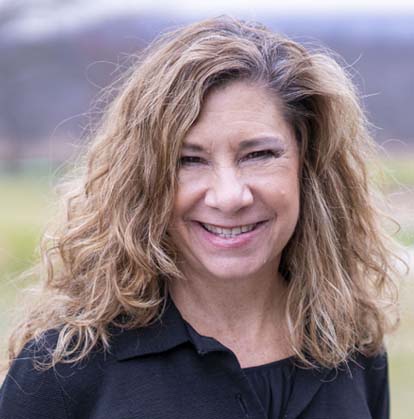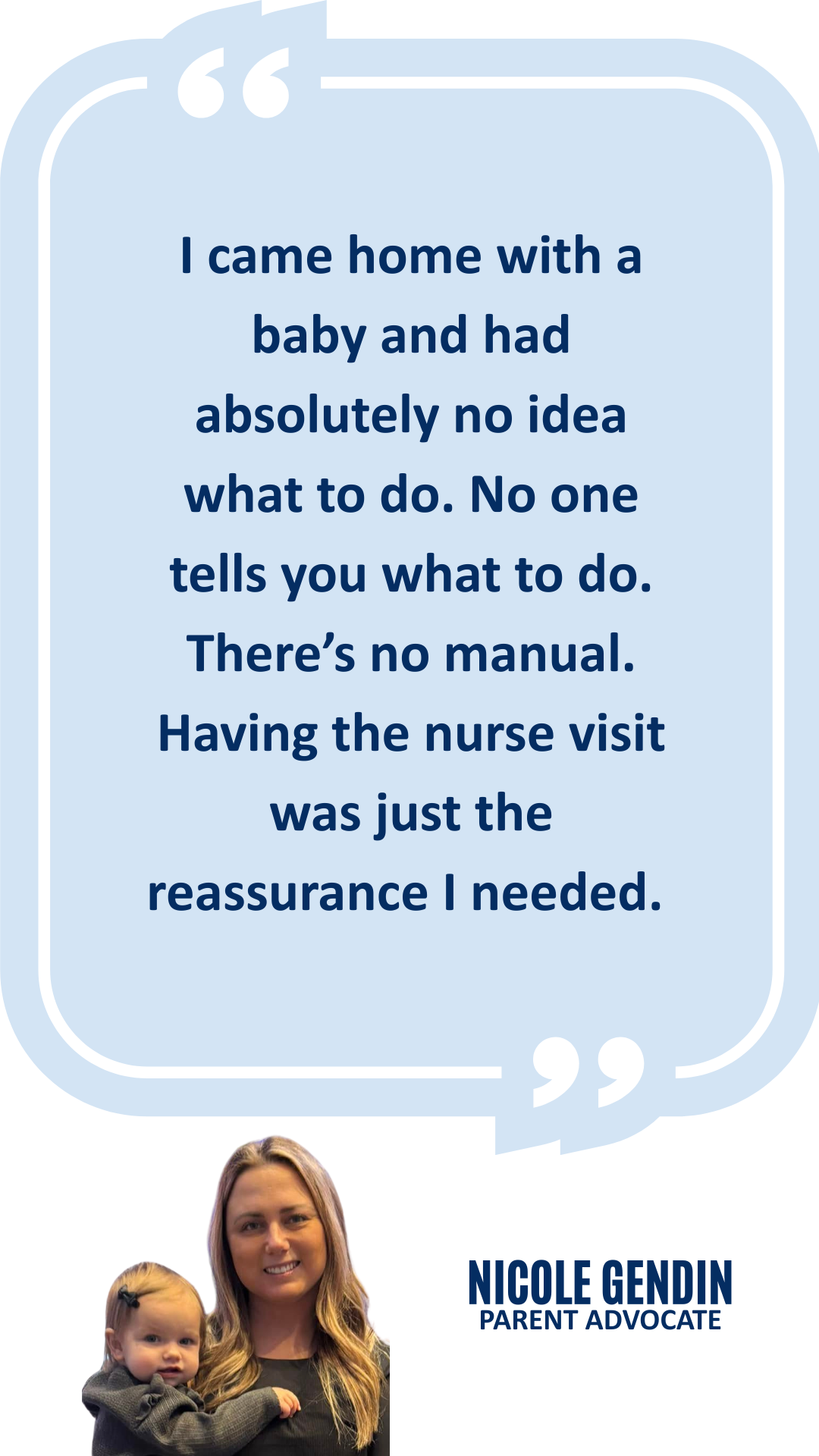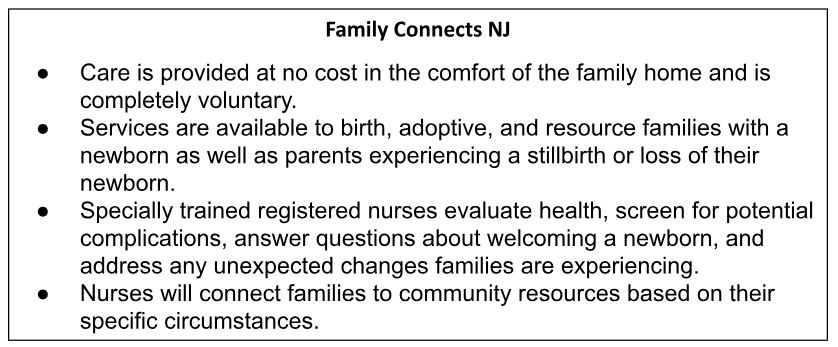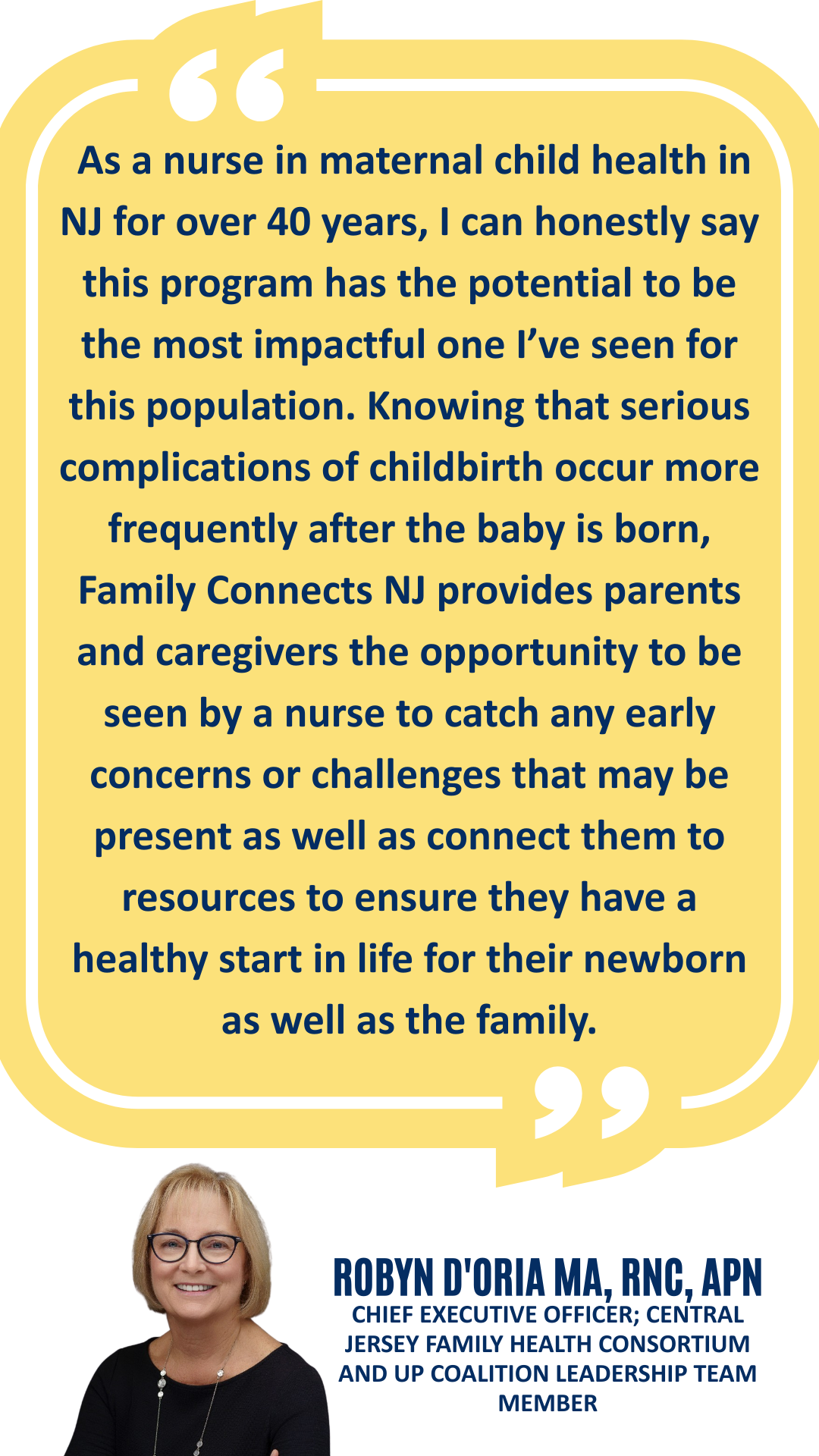Posted on September 23, 2025
Co-Authored by:
Ruth Vinson
Senior Corporate Counsel
Amazon
Carter Nelson
Corporate Counsel
Amazon
Jake Goodman
Corporate Counsel
Audible
For more information on this topic, contact Nina Peckman at npeckman@acnj.org.
Summary of the Law
New Jersey law allows homeless children to continue attending school in the district they lived in prior to becoming homeless, unless this is not feasible or is against the parent’s wishes. Alternatively, the child may go to school in the district in which they last attended or where they are currently living. Transportation shall be provided by the district where the student is enrolled. A child is considered homeless when they lack a fixed, regular, and adequate residence. This includes children living in shelters, hotels/motels, cars, parks, public spaces, condemned or dilapidated housing, tents, abandoned buildings, temporary housing, or staying with relatives or friends due to lack of adequate housing. The law also ensures the education of children who are in state correctional facilities or resource family care.
Your School Options
The school district your child attended prior to becoming homeless is responsible for deciding where the child is enrolled. They should make this decision based on the best interest of the child and in accordance with the child’s parent’s wishes. These are the options for enrollment: They should enroll the child in the school district they were in prior to becoming homeless to the extent feasible, unless the parent does not want the child to be enrolled there. Otherwise, they should continue the child’s enrollment in the school district the child last attended or they should enroll the child in the school district where the child resides. This enrollment should be maintained for the duration of homelessness and for the remainder of the school year if the child becomes permanently housed during the school year.
After this decision is made, the child will be enrolled immediately, even if the child does not have documentation normally required for enrollment such as academic records or medical records. If there is a dispute about enrollment, the child will be immediately enrolled in the district the parent wants until the dispute is resolved. In addition, for children placed in districts other than where they are living, the school district must provide transportation services.
Resolving Disputes & Appealing
If a school district disputes your child’s homeless status or refuses your choice of school placement, don’t give up – you have appeal rights. First, contact the district’s homeless liaison immediately. If that doesn’t resolve the issue, the dispute goes to the executive county superintendent, who must make a decision within 48 hours. During any dispute, your child must be allowed to stay enrolled in the school where you want them to attend. If the county superintendent’s decision doesn’t resolve the matter, you can appeal to the state Commissioner of Education.
Getting Assistance
You should consider contacting an attorney if: the school district refuses to recognize your homeless status; denies your school choice; fails to provide required transportation, appropriate education, and/or support services; refuses immediate enrollment; or if appeals through the county and state levels are unsuccessful.
For the complete law, see N.J.A.C. 6A:17. For immediate assistance with school enrollment or other homeless education rights, contact your local school district’s homeless education liaison. If the district’s liaison isn’t helpful, contact the New Jersey Department of Education's McKinney-Vento Homeless Education Coordinator.








